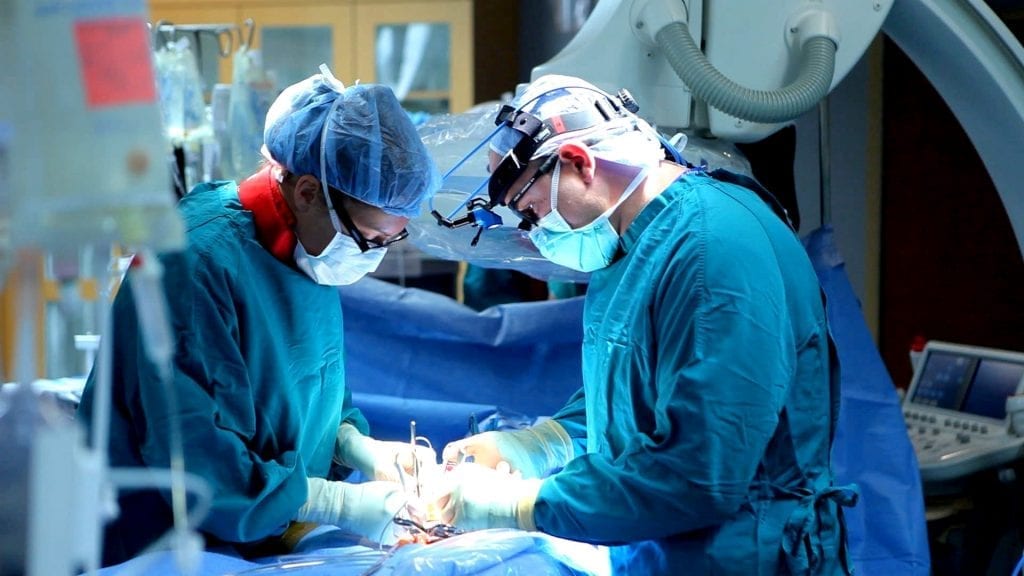
The transformative potential of 5G connectivity is becoming increasingly important in healthcare as patients start to demand more connected care through wearables, apps, and telehealth, according to Ericsson’s latest consumer lab report.
The report, titled ‘From Healthcare to Homecare’, reveals consumer insights into the impact of 5G on the future of healthcare and its transformation across preventative, routine, and post-operative care.
It shows that 5G will be pivotal in healthcare transformation, providing transmission efficiency in an ecosystem of feedback and alerts, mobility and low latency.
For instance, in remote health monitoring, wearable devices – such as heart monitors and glucose monitors, require high frequency updates of the central data repository at low-data rates. Experts say that existing networks cannot provide the desired quality of support while connecting a large number of such devices, and they believe that 5G can address this challenge.
The study cites data showing consumers were concerned with the reliability of health tracking devices — which could include reliability of the network they’re on.
“As healthcare becomes more dependent on wearables and connectivity, consumers express concern about reliability. In fact, 59% of consumers say that they are concerned about poor connectivity affecting data transmission. Battery charging is another issue – 56% of consumers with chronic ailments worry about their health patches suddenly running out of battery. Fourty-two percent of cross-industry decision makers expect devices connected to 5G networks to consume less power, reducing the frequency of recharges,” the report says.
Thus telecom operators could enable medical grade devices that connect directly to the internet rather than relying on the patient’s own smartphone.
“Use of a centralized repository to store patient health records will expose healthcare to data breaches. Forty-seven percent of telecom decision makers say that developing secure networks to access an online central repository is a key challenge. 5G networks are expected to be secure enough to adhere to sensitive patient data regulations.”
In addition, 5G is also expected to significantly improve connectivity. For instance, 35% of cross-industry decision makers expect 5G to provide reliable and sub-1ms latency connections, which enable haptic feedback to underpin surgeons’ capabilities to carry out remote robotic surgery.
The report represents the results of two surveys carried out in Germany, Japan, South Korea, the UK and the US. The first was a survey of 4,500 advanced smartphone users.
The sample is not representative of the general population, but Ericsson predicts these early adopters could point the way toward the healthcare trends of the future. The second survey included 900 hospital decision makers. The results were augmented with patient and provider focus groups held in the US and UK.